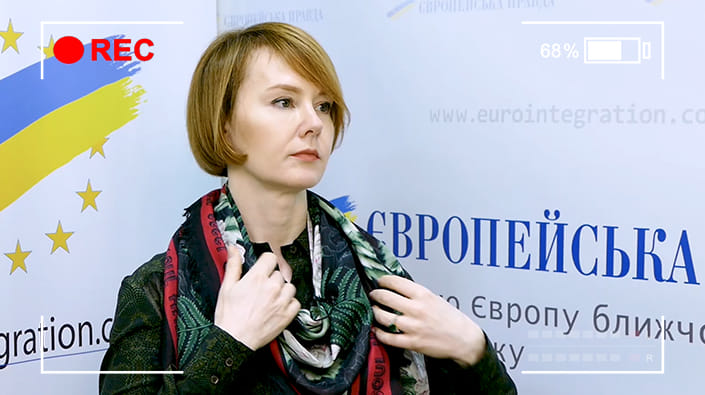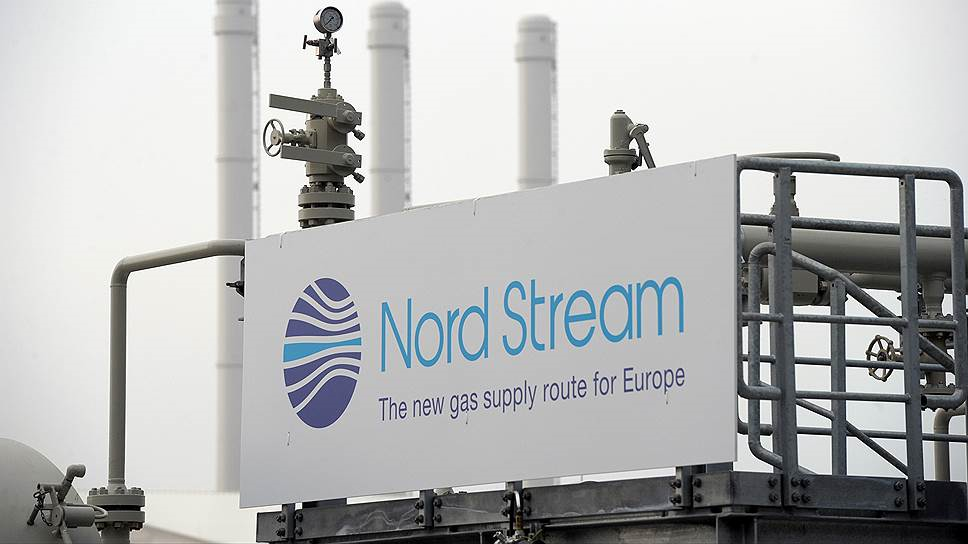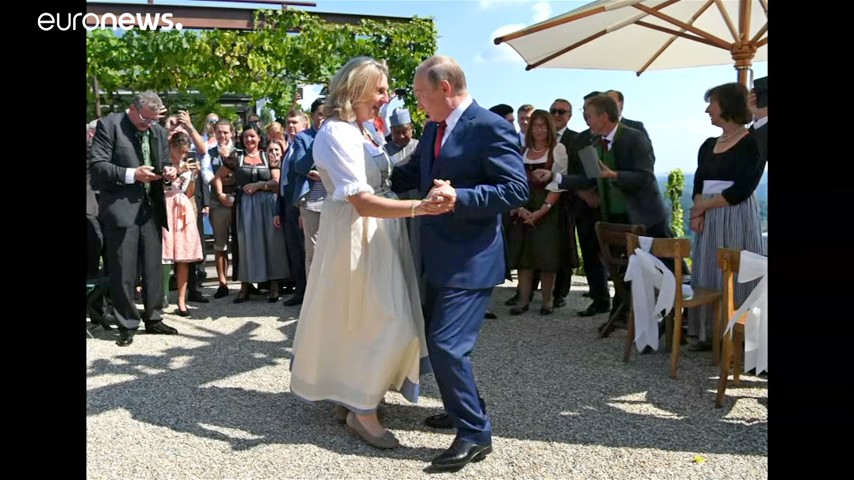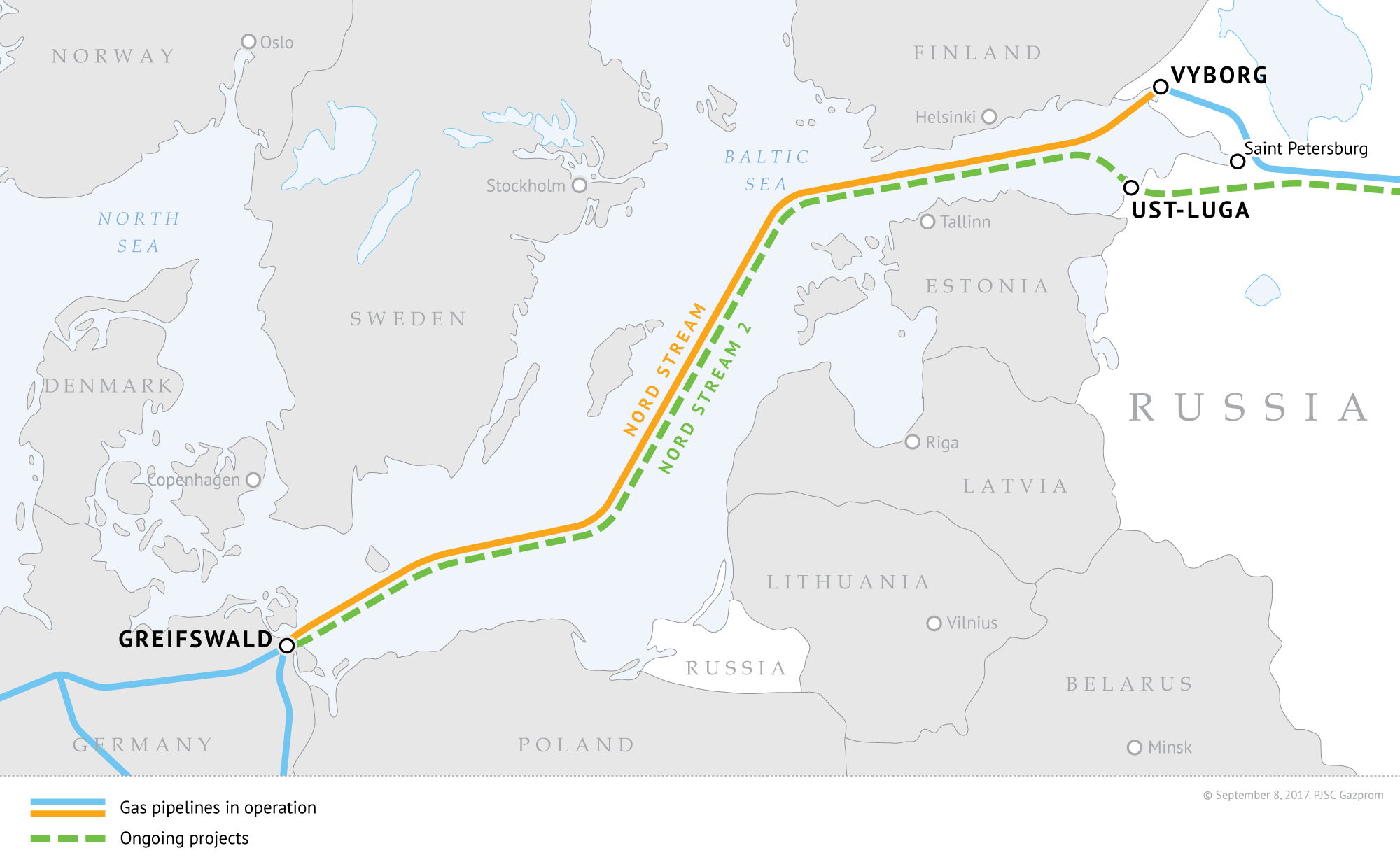US House Republicans have introduced the Guaranteeing Ukrainian Autonomy by Reinforcing its Defense (GUARD) Act of 2022.
“This bill will ensure Ukraine is provided with the military and diplomatic support it needs in the face of Russia’s destabilizing military buildup in and around its borders. The legislation would also hold Vladimir Putin accountable for his aggression by immediately sanctioning the Nord Stream 2 pipeline to stop it from ever becoming operational,” their press release said.
The draft law was co-authored by Michael McCaul, Mike Rogers, Mike Turner, and Elise Stefanik.
“Diplomacy has little chance of success unless approached from a position of strength – yet the Biden Administration has been much too slow in sending additional military assistance to Ukraine and has capitulated on the Nord Stream 2 pipeline,” said Rep. McCaul. “This legislation firmly rejects this pattern of weakness that has dangerously emboldened Putin by immediately providing Ukraine with the support it needs to ensure the Kremlin understands a further invasion of Ukraine would come at a terrible cost.”
The legislation would:
- Significantly and immediately increase military support for the Ukrainian Armed Forces, including funding for weaponry and training.
- Designate Ukraine as a “NATO Plus” country to ensure the expeditious consideration of the sale of a range of US defense articles and services.
- Strengthen targeted sanctions on Nord Stream 2, a Russian malign influence project designed to undermine Ukraine and threaten European energy security.
- Establish stronger Congressional oversight over the Biden Administration’s use of Russia sanctions by:
- Providing Congress a veto over the removal of a wider range of Russia-related sanctions, including those related to the Nord Stream 2 pipeline and the Biden Administration’s April Executive Order 14024 (Blocking Property With Respect To Specified Harmful Foreign Activities Of The Government Of The Russian Federation).
- Establishing a mechanism to require the Administration to review certain persons submitted by Congress for eligibility for Russia-related sanctions.
- Establish diplomatic and military deterrents to counter Russian aggression by:
- Reaffirming NATO’s 2008 Bucharest Summit Declaration supporting Ukraine and Georgia’s bid to become members of the alliance.
- Rejecting Russia’s proposal for a deployment moratorium of intermediate-range ground-launched missiles in Europe and requiring a strategy on cooperation with NATO allies on conventional intermediate-range missiles.
- Calling on the Administration to move expeditiously to submit a nominee for the Ambassador to Ukraine.
- Requiring a determination on whether the Government of Russia is a state sponsor of terrorism.
- Limiting security risks related to US-Russian military cooperation.
- Authorizing $155 million for Radio Free Europe/Radio Liberty to combat Russian disinformation and information operations in the Former Soviet Union for the year 2022.
- Reaffirming US policy of unwavering commitment to Ukrainian sovereignty.
What is NATO Plus and what would it bring Ukraine?
In March 2021, Congress Republican Scott Perry proposed adding Taiwan to the group of NATO Plus countries in the “Taiwan PLUS Act.”
Then, the bill urged Taiwan to be included in the so-called “NATO Plus” group, which included
- Japan
- Australia
- South Korea
- Israel
- New Zealand.
There have also been initiatives to include India in the NATO Plus group. As well, former US President Donald Trump floated the idea of expanding NATO to the Middle East, proposing the name “NATO-ME.”
The “NATO Plus” group members are drawn from the 17 countries the US has designated as “major non-NATO allies” (MNNA):
- Australia
- Egypt
- Israel
- Japan
- South Korea
- Jordan
- New Zealand
- Argentina
- Bahrain
- Philippines
- Thailand
- Kuwait
- Morocco
- Pakistan
- Afghanistan (de jure)
- Tunisia
- Brazil
MNNA status makes a country eligible for a range of defense-related privileges with the US, but it does not entail any additional security commitments.
While Major Non-NATO Ally status is not equivalent to a military defense pact, it does confer a range of advantages in terms of potential military cooperation with the US that would not otherwise be open to countries outside the NATO alliance.
Ukraine does not yet have a MNNA status. However, it is a candidate. In 2014, following the occupation of Crimea, a bill was introduced to the United States Congress to grant major non-NATO ally status to Georgia, Moldova, and Ukraine. A bill to make Ukraine a major non-NATO ally was introduced into the US House of Representatives in May 2019.
Taiwan does not have a MNNA status either, but at the time of the submission of the Taiwan Plus Act, its authors noted that Taiwan has been treated as an MNNA since 2003, although it is not formally designated as such.
Context
In December 2021, the US quietly authorized $200 million in military aid for Ukraine. According to CNN sources, the aid package included defense equipment that the United States has already supplied in the past, including small arms and ammunition, secure communications systems, medical equipment, spare parts.
This came in addition to the $300 million allocated to Kyiv as part of an initiative to provide assistance to Ukraine in the field of security, in particular, in order to support the Ukrainian armed forces, in the 2022 US defense budget.
However, in the process of adopting the budget, the US Congress removed a provision that would have imposed sanctions on those involved with building or financing Nord Stream 2, provisions banning Americans from shopping for Russian sovereign debt, and sanctions on 35 Russian individuals from the draft defense budget.
The GUARD Act addresses two of these positions, namely — preserving sanctions on Nord Stream 2 and ensuring more possibilities to sanction Russian individuals.
Earlier, we published an analysis by international lawyer Oleksandr Kalinichenko outlining the two most effective ways NATO can help Ukraine resist Russian aggression: adapting existing instruments of NATO cooperation for operational assistance to Ukraine and creating a fundamentally new deterrence initiative for Ukraine as an individual support program or as a continuation of the Alliance’s Enhanced Opportunity Partnership.
In 2020, Ukraine became a NATO Enhanced Opportunities Partner, alongside Australia, Finland, Georgia, Jordan, and Sweden.
However, Ukraine’s arms purchases from NATO countries amid ongoing Russian aggression have faced difficulties. In November 2021, Berlin vetoed Ukraine’s purchase of anti-drone rifles and anti-sniper systems through a NATO procurement agency. Germany later softened its position only regarding the first item, declaring anti-drone rifles non-lethal weapons. This appears to be a continuation of an unofficial western European arms embargo on Ukraine that has been in place since 2008.
Related:
- Four ways NATO can help Ukraine resist Russian aggression
- An ultimatum in any language: experts on Russia’s demand that NATO not expand
- Is Ukraine getting closer to NATO membership?
- 58% Ukrainians support joining EU, 54% in favor of NATO, IRI Ukraine poll shows
- NATO’s defining moment is now or never
- Ukraine will become NATO member when three capitals change their views, Foreign Minister says
- Ukraine becomes a NATO Enhanced Opportunities Partner
- Germany blocks Ukraine’s arms purchase from NATO as unofficial arms embargo on Ukraine continues








